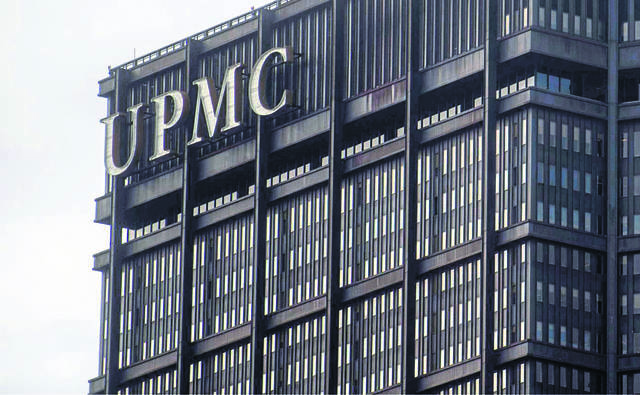There is no single organization that is more intertwined with our state’s health and well-being than UPMC. It is the largest health care provider, the biggest landowner, the largest employer and the largest tax-exempt charity in Pennsylvania. UPMC loves talking about its “life-changing” medicine, but it is time to talk about UPMC’s wages.
The essential workers who ensure UPMC hospitals run safely and smoothly have worked day and night to see our community through this pandemic. And yet so many of those on the front lines are not making living wages: housekeeping, food service, transportation, medical techs, assistants and aides. In 2016, after years of union organizing and pressure, UPMC promised to raise wages to $15 an hour by 2021. That was five years ago.
Two presidential administrations have elapsed and we’re a year into a global pandemic, an economic crisis and massive unemployment, not to mention accounting for typical increases in the cost of living. In 2021, $15 just doesn’t cut it. Research shows that low-wage hospital workers face increased hardships and health problems, and that $15 in today’s economy isn’t enough. Workers have been fighting for a $15 wage for so long that the number is no longer reflective of a living wage – it has to change with the years that have passed since the call to “fight for 15 and a union” first went out in 2012. We need $20 an hour now, and we’ll need at least $22 by 2025.
UPMC wages have barely creeped up to $15 an hour by now. So many UPMC employees have to work second jobs to make ends meet. All workers deserve a living wage, but front-line workers especially should not be struggling to get by during the pandemic.
It’s not like UPMC doesn’t have the money to pay living wages; its leaders simply do not prioritize the people who keep their hospitals running. The hospital system just announced the construction of a new 18-story heart transplant center in Oakland. It made more than $17 billion in the first three quarters of 2020 alone, and it pays no taxes. So what does UPMC spend its money on? In the middle of the covid-19 pandemic, UPMC raised the CEO’s salary to $9 million. To put that in perspective, if Jeffrey Romoff’s salary was converted to hourly work, he’d be making more than $4,307 an hour. At least 28 other UPMC executives make more than $1 million a year, while countless hospital workers are risking their lives and taking on second jobs just to make ends meet.
UPMC wasted no time spending money on ad campaigns calling front-line workers heroes. And it’s true — that new heart transplant center, just like all UPMC’s other hospitals and facilities, won’t function without the essential workers cleaning the rooms, sterilizing the instruments, cooking the food, transporting patients and equipment, and so on. But billboards and banners don’t pay the rent. Health care hero T-shirts don’t put food on the table or cover the costs of child care. Calling someone a hero won’t pay for hospital bills if they get sick while working at the hospital. Everyday front-line hospital workers risk their lives while executives call them heroes and make millions working safely from home. It is grotesque.
Decent jobs with living wages are among the leading social determinants of health. By refusing to pay a living wage to front-line workers in the pandemic, UPMC is compounding both sides of the dual public health and economic crises facing Pennsylvanians. UPMC loves talking about its life-changing medicine, but its poverty wages are changing lives for the worse.
UPMC, what are your priorities? It’s time for all of us — patients, community members, and government officials, to stop looking the other way and demand more.
Al Frazier works in the environmental services department at UPMC Montefiore. Jeffrey Shook is an associate professor of social work at the University of Pittsburgh.








